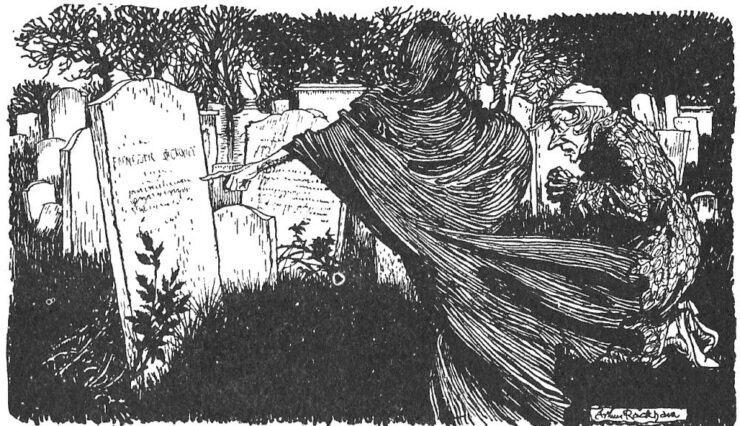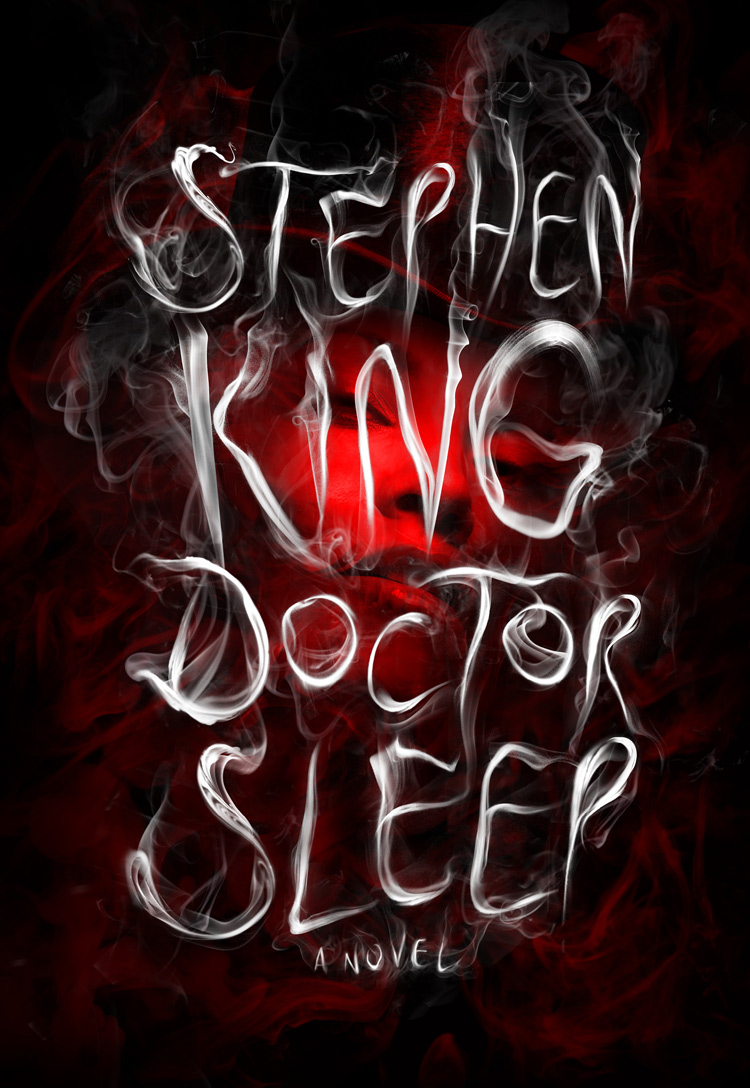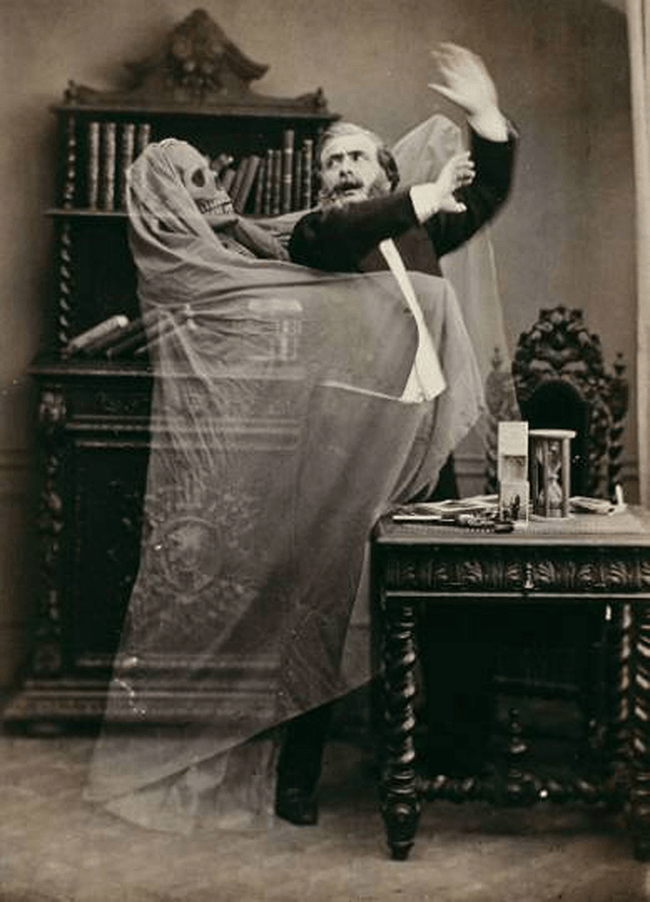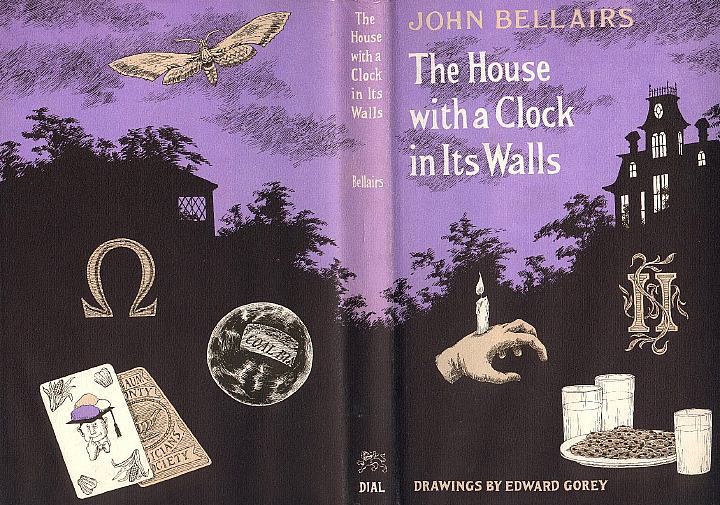How the Holidays Became Haunted
Comment number:
0
Advertisement
Showing 188 results




“Time is an illusion. Lunchtime doubly so.”
Douglas Adams, The Hitchhiker’s Guide To The Galaxy
For compliance with applicable privacy laws:



